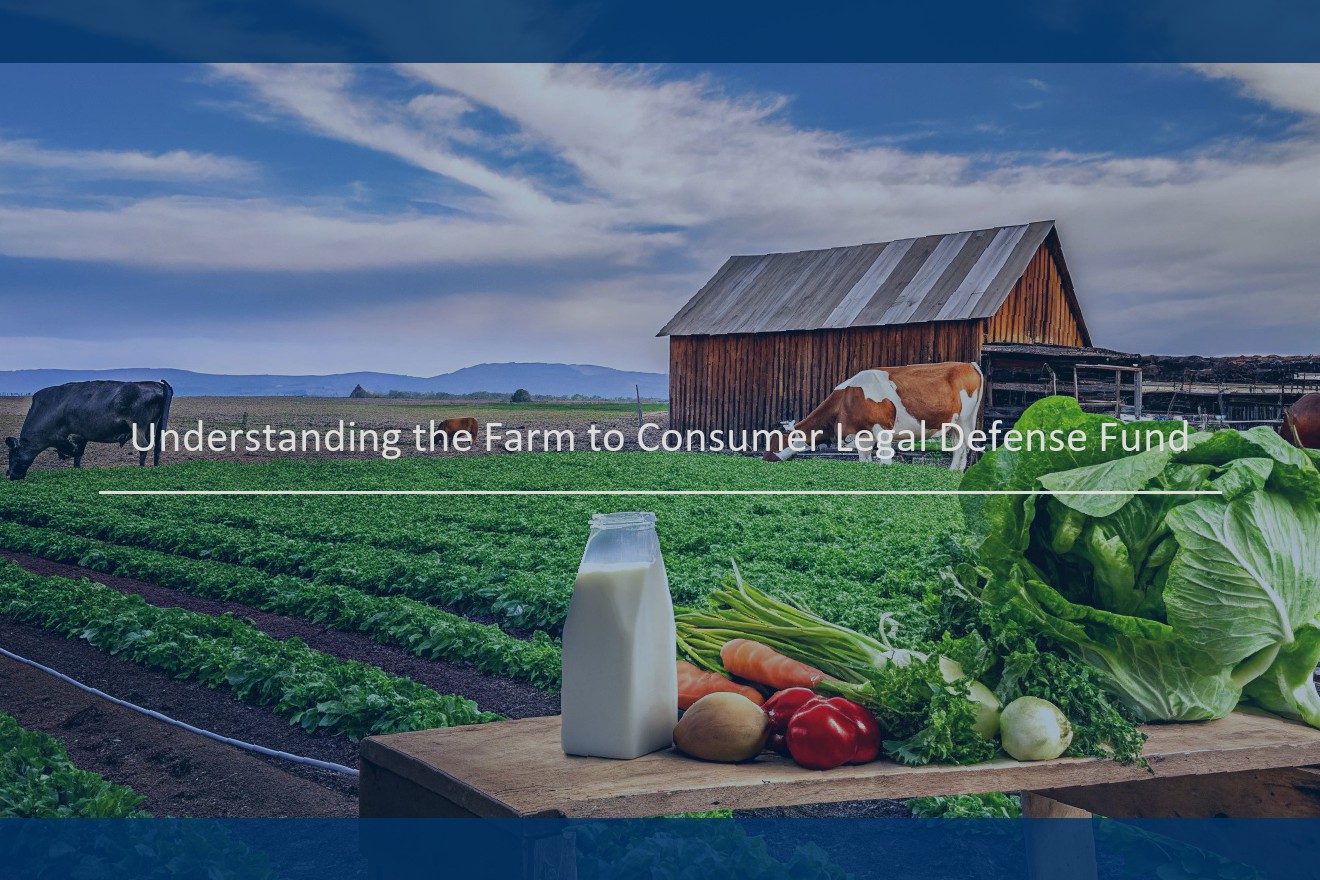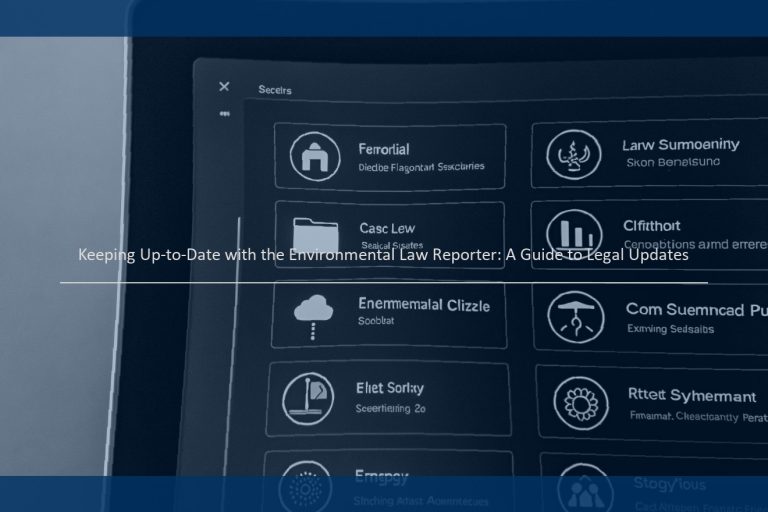Farm to Consumer Legal Defense Fund Overview
The Farm to Consumer Legal Defense Fund is a nonprofit legal organization formed to defend and protect the rights of farmers, food artisans and consumers to obtain and provide unadulterated, nutritious food directly from the source of their choice. The Fund believes that access to local foods and ownership of private property is a fundamental right.
At its inception, the Farm to Consumer Legal Defense Fund assisted some raw milk dairy farmers subjected to letters and threats from state and federal government officials telling them to cease and desist their sales or face criminal prosecution . But the demand for help came from all types of farmers and food producers and today the Fund considers a client to be "any person who is regularly in the business of growing or producing food or other agricultural products for consumption or use." As the Fund’s client base grew, so did the types of legal services it provided to those clients.
The Farm to Consumer Legal Defense Fund advocates for comprehensive legal reforms at both the federal and state levels to defend farm-based food systems and local farm-to-consumer commerce from federal, state and local laws and regulations that favor large corporate interests and threaten micro-scale, sustainable and traditional farming practices. The organization also engages in litigation at the administrative, trial and appellate court levels.
Legal Struggles of Small Farmers
Experience shows that many legal issues small and local farmers face are common across all farms. Unfortunately, when challenged with these legal issues, small farmers struggle to navigate the regulatory and legal landscape while also managing their farms and paying off debt. One issue is a small farm’s relationship to food safety and the FDA, who has the power to shut down an entire farm’s production.
When implementing the FDA Food Safety Modernization Act (FSMA), FDA’s main focus was small farmers, who comprise majority of FDA inspected food producers, and who have unknowingly been in violation of the Food Drug and Cosmetic Act through contamination, leftover pesticide and fertilizer traces, and other common small farm practices since the 1960s and earlier. Thus, small farmers are FDA’s main target when FSMA goes into effect.
Uncertainty and complexity that comes along with the FSMA regulations is another big issue farmers face. In holding an open comment period for the FSMA Draft Guidance for Water Quality Standards to Reduce Microbial Food Safety Hazards for Sprouted Seeds—and subsequently extending the comment period—FDA is showing that there is still much to be done with regards to FSMA’s implementation. Yet small farmers cannot afford long, drawn out trials, expensive attorney fees, and damages, especially while the farming community watches reports that bigger farms pay small fines with the intent to keep their profit margins.
Legal guidance is sold to farmers for high-cost by regulatory companies, and is often formed with a priority and focus on bigger and mainstream farms later to go through the FDA’s FSMA inspections and be held accountable to the new food safety regulations. The pressure on small farmers to toe the line with FDA regulations as they currently exist (and where they’re headed) has spawned a push for more lawyers to come forth who can provide tailored help to small farms and ranches. A case in point is the Food Safety Modernization Act Litigation Project through which a team of law school students from the University of Washington helped small farmers understand FSMA, warn them of the uncertainties, and prepare them for litigation, if necessary.
How the Fund Works on Legal Defense
The Farm to Consumer Legal Defense Fund, a non-profit organization formed in 2009, provides legal assistance, litigation support and resources to family farms, food buyers and artisans who have made a commitment to protecting food rights. The primary mission of this organization is to keep local food systems intact by ensuring localists have access to lawyers with experience in local, sustainable food law.
Specifically, the Fund’s mission is to serve American farmers, ranchers, artisan food producers and local food buyers; defend fundamental legal and constitutional rights connected to food and farming; keep family farms in business; and hold accountable multinational corporations that seek to harm communities or circumvent the rule of law.
Since 2011, the Fund has worked with lawyers and law students from throughout the country on legal issues facing small-scale farmers and artisanal food producers. Among those issues, the following programs and initiatives have stood out as providing valuable legal assistance toward farmers and consumers:
Food Freedom News – In January 2012, the Fund launched Food Freedom News, a project which enables individuals, businesses and organizations to support their local food system with financial contributions. By pledging $10/month to the Farm to Consumer Legal Defense Fund, members of the community help to provide legal resources to area farmers and food entrepreneurs. The Fund will in turn make contributions to purchase from local farms for use at fund events and for attorney staff meals. All funds raised remain local to support family farmers.
Farm Defense Fund – This nationwide program allows food producers from across the country to seek immediate legal assistance and advice. The program provides representation for producers who face cease-and-desist orders, clashes with inspectors or other adverse legal actions. Some well-known cases that the program has worked on include the RAWMI milk truck case in Pennsylvania and the Rawesome Dairy case in California. Both cases are working their way through the courts.
Farm Bill Support – The Farm to Consumer Legal Defense Fund has played a critical role in implementing and influencing supportive policy provisions and advocating for legal change at the federal level through its participation in the National Sustainable Agriculture Coalition, the Food Policy and Congressional Food Caucuses and in other key coalitions and coalitions and networks. The Fund was able to secure language in the Food Safety Modernization Act which will include farmers’ markets and private property exemptions from registrations. The Fund also helped to secure language in the Agricultural Act of 2014 (Farm Bill) and numerous legislative advocacy campaigns to support local food economies.
Successes and Impact
Success stories and impact resulting from the Fund’s intervention include:
-Raw milk dairy farmer Mark N. McAfee of Organic Pastures won a preliminary injunction on April 20, 2006, allowing him to resume operations producing raw milk for retail sale, which is legal in California.
-The Fund is supporting the case of Archie and Susan Marie Bushmann, who, in 2006, refused to pay a fine for not having their herd of 50 goats tested for tuberculosis. The Bushmanns maintain that because their herd is organic and raises its own forage feed, their goats are naturally resistant to TB, rendering the testing unnecessary. They are refusing to support a state program targeting raw milk producers .
-In August 2007, the FDA backed off its demand for Canadian food products, claiming the authority to intercept trucks of raw milk in transit to Wisconsin customers. At the August 2007 rally, one Wisconsin producer told the crowd: "We’re not going away. This is a peaceful protest. If they choose to use violence, I cannot promise they will come out of that situation unharmed."
-The Legal Fund has assisted approximately 45 raw milk producers who received cease-and-desist seizures letters in August 2006 from USDA, which asserted the agency’s jurisdiction over raw milk—in an area where it had no legal authority. Every one of those raw milk producers is now back in business.
How to Support the Fund
Farm to Consumer Legal Defense Fund is supported by donations, memberships and volunteers. Any portion of a donation may be tax deductible to you if you itemize your deductions. Corporations and other businesses (rather than individuals) cannot deduct contributions to not-for-profits such as the Fund from their taxable earnings. Donating is the most effective way to support the Fund. Monthly recurring contributions are also a convenient and consistent way to support the Fund.
The Farm to Consumer Legal Defense Fund currently offers two levels of individual membership: Friend of Farm-to-Consumer, a $50 per year donation and Guardian of Farm-to-Consumer, a $250 per year donation. These membership contributions are added to any personal donation you make to the Fund. Farm to Consumer depends on regular monthly recurring donations so this is the best way to support the Fund.
State chapters of the Farm-to-Consumer Legal Defense Fund are welcome to start up for their states. Any state that has at least 20 active Farm-to-Consumer members and charges $20 per member per year for dues is eligible for a $10 per member match from the national body of the Farm-to-Consumer Legal Defense Fund. By making a personal donation to your state chapter you are helping the Farm-to-Consumer Legal Defense Fund. The state memberships will be awarded based on the order in which they are received until the funds are exhausted.
The Farm-to-Consumer Legal Defense Fund has volunteer chapters across the country. For the latest updates on upcoming events and projects visit our Farm to Consumer Legal Defense Fund events page (please note that all Fund events are free and open to the public). You can get involved in your community by joining or supporting a local chapter or help organize a chapter in your area.
The Challenges Ahead
Challenges and Opportunities for the Future
As we look to the future, the Fund sees both challenges and opportunities. To the extent that the prospect of a freer and more local food system is perceived as a threat by entrenched political forces, the pressure on farmers and consumers will only increase. Beliefs about farming and food can be so deeply held, because they are about choices that effect our bodies and often, our closest relationships . Fighting that pressure is essential to maintaining our liberties as farmers and consumers—liberties that all people should enjoy in a free society. The American people are gifted with an unprecedented manifestation of diversity and abundance. Unless we appreciate them, the freedoms that allow us to express those gifts are lost. In contrast, where such freedoms are not enjoyed, there is often a sense of urgency to change things, which fosters agendas—divisive agendas—that capitalize on the fears, pain and abuse that arise in a life without the freedoms we enjoy here.



+ There are no comments
Add yours